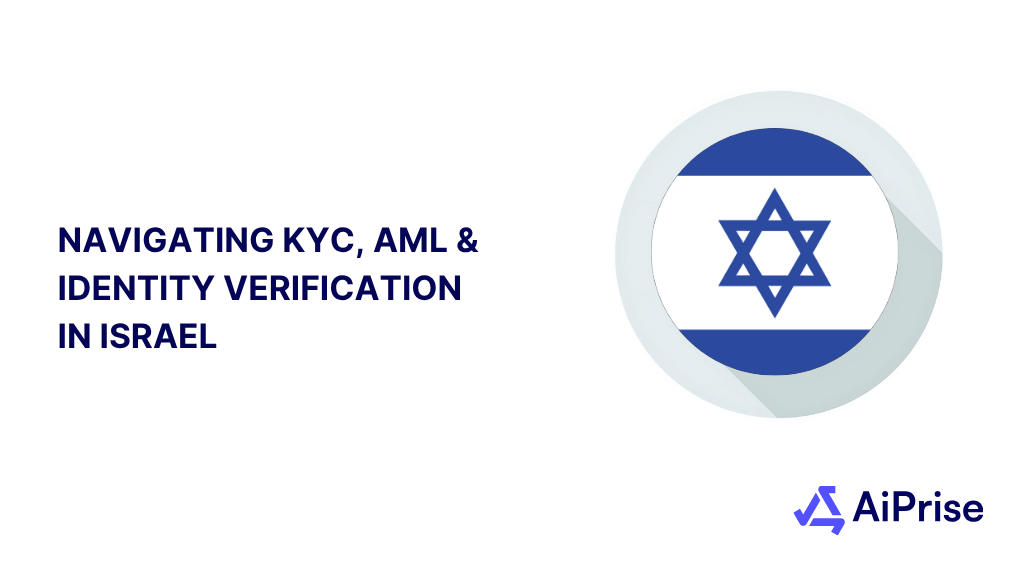AiPrise
14 mins read
June 10, 2025
Navigating KYC, AML and Identity Verification in South Korea

Key Takeaways










South Korea is a global fintech leader with a dynamic digital economy and a highly connected population. As businesses expand into this market, compliance with KYC (Know Your Customer), AML (Anti-Money Laundering), and identity verification regulations is critical to mitigate financial crimes and stay legally compliant.
South Korea has developed a well-regulated financial environment with strict guidelines aimed at preventing financial crimes such as fraud, money laundering, and terrorist financing.
In this blog, we’ll take a look at South Korea’s regulatory framework, KYC/AML obligations, and the role of technology in ensuring compliance.
Understanding South Korea’s Regulatory Framework
South Korea has a strong regulatory framework to prevent financial crimes, including money laundering and terrorism financing. The country’s laws and regulations are designed to help businesses operate securely while ensuring compliance with global financial standards.
Key Regulatory Authorities
South Korea has multiple agencies that oversee different aspects of financial regulation, KYC, AML, and compliance. Below is a list of the most significant agencies:
- Financial Services Commission (FSC)
The FSC is the top regulatory authority responsible for setting policies, supervising financial institutions, and ensuring compliance with KYC and AML laws across the financial sector. - Korea Financial Intelligence Unit (KoFIU)
KoFIU is a specialized unit under the FSC that collects, analyzes, and disseminates information related to suspicious financial activities to combat money laundering and terrorist financing. It enforces AML regulations and monitors transaction reports. - Financial Supervisory Service (FSS)
The FSS operates under the FSC as the primary supervisory body that conducts examinations, audits, and enforcement actions on financial institutions to ensure they comply with regulatory standards, including KYC and AML. - Ministry of Strategy and Finance (MOSF)
While not directly regulating KYC or AML, MOSF plays a key role in shaping South Korea’s financial and economic policies, including sanctions and international financial cooperation. - National Tax Service (NTS)
The NTS may collaborate in investigations involving financial crimes, tax evasion, and money laundering cases related to tax offenses. - Korea Customs Service (KCS)
The KCS enforces regulations concerning the cross-border movement of cash and valuables, a critical component of AML controls.
While FSC and KoFIU are the primary bodies for AML and KYC, institutions like the FSS play a critical supervisory role, and agencies like MOSF, NTS, and KCS support broader enforcement and policy objectives. Together, they form a comprehensive regulatory ecosystem.
Key Laws and Regulations
South Korea’s regulatory framework for KYC and AML is anchored by several critical laws that aim to prevent money laundering, terrorist financing, and other financial crimes. These laws impose strict obligations on businesses and financial institutions
- Act on Reporting and Using Specified Financial Transaction Information
This law requires financial institutions and businesses to report large and suspicious transactions to the Korea Financial Intelligence Unit (KoFIU). It mandates thorough customer identification, verification, and ongoing monitoring to detect and prevent money laundering and terrorism financing. - Act on Prohibition against the Financing of Terrorism and Proliferation of Weapons of Mass Destruction
This legislation prohibits financing activities related to terrorism and the proliferation of weapons of mass destruction (WMDs). It compels businesses to perform enhanced due diligence and comply with sanctions to prevent misuse of the financial system. - Financial Transaction Reports Act
This act focuses on ensuring transparency by requiring timely reporting of suspicious financial activities to KoFIU, reinforcing efforts to combat money laundering and terrorist financing. - Act on Real Name Financial Transactions and Guarantee of Secrecy
This law mandates the use of real-name accounts for financial transactions in South Korea. It aims to reduce anonymity in the financial system, which can facilitate illicit activities.
Together, these laws establish a robust legal framework that guides businesses and financial institutions in complying with KYC, AML, and counter-terrorism financing standards in South Korea.
The Historical Evolution of Verification in South Korea
South Korea's identity verification practices have evolved alongside technological advancements, cultural values, and regulatory changes. Here's a brief look at how the system developed:
- Early Foundations
The introduction of the Resident Registration Number (RRN) in the 1960s marked the beginning of South Korea's identity verification system. Initially used for administrative purposes, it became central to public services but also exposed vulnerabilities, leading to identity theft and data breaches. The Internet Real-Name System, introduced in the 2000s to curb online anonymity, was struck down by the Constitutional Court in 2012, emphasizing privacy concerns.
- The Digital Age
After 2012, South Korea shifted to alternatives like the Internet Personal Identification Number (i-PIN), though it had limitations due to outdated security. By the 2010s, mobile carriers and credit card companies started using phone numbers and transaction data for verification, laying the groundwork for the current digital ID ecosystem.
- Modern Innovations
In 2025, South Korea launched a nationwide digital ID system, allowing citizens to store IDs on smartphones. Biometric technologies, such as Hancom Auth for facial recognition, and blockchain solutions like Raonsecure further enhanced security and expanded use cases, including academic credentialing.
The transformation of verification methods in South Korea laid the groundwork for the modern KYC and AML regulations, ensuring both innovation and legal compliance in the financial sector.
KYC and AML Compliance Requirements in South Korea
To operate legally in South Korea, businesses must comply with stringent KYC and AML requirements, designed to prevent money laundering, fraud, and terrorism financing.
KYC Requirements
KYC procedures are designed to verify the identity of customers before initiating any financial transactions or business relationships. In South Korea, businesses are required to:
- Collect Personal Information: Full name, date of birth, address, nationality, and ID number.
- Verify Identity: Use National ID, passport, or resident registration cards.
- Monitor Customer Profiles: Ongoing monitoring of financial activities.
AML Obligations
Businesses in South Korea are also required to take steps to detect and prevent money laundering. This involves:
- Transaction Monitoring: Track unusual activity, such as large transfers or patterns that don’t align with typical customer behavior.
- Report Suspicious Activities: Report transactions to the Financial Intelligence Unit (FIU).
- Enhanced Due Diligence (EDD): For high-risk customers (e.g., PEPs or foreign clients from high-risk countries), conduct more detailed checks.
Key Documents for Identity Verification
To comply with KYC regulations, businesses in South Korea rely on several key documents for verifying customer identity:
- National ID (Cédula de Identidad): Used for verifying the identity of South Korean citizens.
- Passport: Used for verifying the identity of foreign nationals or individuals traveling internationally.
- Resident Registration Cards: Issued to residents in South Korea, and also used for verifying identity.
Penalties for Non-Compliance
Failure to comply with KYC and AML regulations can lead to severe penalties, including:
- Financial Fines: Significant fines for non-compliance.
- Suspension of Operations: The possibility of temporarily halting business activities.
- Legal Actions: Businesses may face lawsuits or even be banned from operating.
- Reputational Damage: Non-compliance can severely damage a company’s reputation, leading to lost customers and business opportunities.
Therefore, it’s critical that businesses implement strict compliance procedures and regularly train staff to handle KYC and AML requirements.
Obligations for Financial Institutions

Financial institutions in South Korea are subject to specific KYC and AML obligations to ensure they maintain secure and compliant operations. These obligations are designed to help prevent illegal financial activities and provide a safe business transaction.
Customer Due Diligence (CDD)
Financial institutions must conduct Customer Due Diligence (CDD) to verify their clients' identities. This involves gathering essential information, such as the customer's name, address, and date of birth, and verifying it using official documents like the National ID or passport.
Institutions must also assess their customers' risk levels, considering factors such as the customer’s business, geographical location, and financial transactions.
Enhanced Due Diligence (EDD)
For higher-risk customers, such as politically exposed persons (PEPs) or those involved in high-risk industries, financial institutions must perform Enhanced Due Diligence (EDD). This includes a more thorough review of the customer’s financial activities, the source of their funds, and their transaction history.
This helps identify any potential risks related to money laundering or terrorist financing.
Transaction Monitoring
Financial institutions are required to monitor all customer transactions on an ongoing basis. This means regularly reviewing transactions to detect suspicious activity. Examples of suspicious activities include large or frequent transactions that do not match the customer’s profile or business activities.
Reporting Suspicious Transactions
As part of their obligations, financial institutions must report any suspicious financial activity to the Financial Intelligence Unit (FIU). This includes unusual transaction patterns, large cash deposits, or transactions involving high-risk countries.
Record-Keeping
Financial institutions must keep detailed records of all customer transactions and identification information for at least five years. This allows authorities to trace financial activities and ensures that businesses can provide the necessary documentation in case of an audit or investigation.
Cooperation with Authorities
Financial institutions must cooperate fully with authorities during investigations. This may involve providing transaction records, customer details, and any additional information needed for compliance purposes.
Failure to cooperate with authorities can lead to severe penalties and damage to the institution's reputation.
The Role of Technology in KYC, AML, and Identity Verification

Technology is increasingly crucial in streamlining KYC (Know Your Customer), AML (Anti-Money Laundering), and identity verification processes in South Korea. By leveraging advanced tools, businesses can enhance compliance, reduce errors, and detect fraud more effectively.
- AI and Machine Learning for Fraud Detection: AI and machine learning can analyze large volumes of data in real-time, identifying unusual transaction patterns that may indicate suspicious activity. This technology helps businesses quickly spot potential fraud or money laundering risks.
- Biometric Verification: Biometric technologies like facial recognition and fingerprint scanning provide a secure and accurate way to verify customer identities, reducing the risk of fraud.
- Automation of Compliance Processes: Automating tasks such as document verification, customer screening, and transaction monitoring can speed up compliance and reduce manual errors. Automated systems can instantly cross-check data against global watchlists, improving efficiency.
- Real-Time Data for Verification: Access to real-time global data allows businesses to verify identities and detect risks faster. Platforms integrating multiple data sources help businesses stay compliant with both local and international regulations.
AiPrise offers an integrated platform that uses AI, machine learning, and biometric verification to streamline KYC and AML processes, helping businesses stay compliant and reduce fraud risks.
International Considerations for Businesses in South Korea
While South Korea has its own regulatory framework for KYC (Know Your Customer) and AML (Anti-Money Laundering), businesses operating in the country must also consider international compliance requirements. For global businesses or those with international clients, balancing local regulations with global standards is essential.
Global Compliance Requirements
Businesses in South Korea need to be aware of international regulations such as the General Data Protection Regulation (GDPR), which affects businesses handling data from EU citizens, or the Foreign Account Tax Compliance Act (FATCA) for U.S. citizens.
These regulations require businesses to meet specific data privacy and reporting standards, even if the business is based in South Korea.
Cross-Border Data Privacy
When handling customer data across borders, businesses must ensure compliance with both South Korea’s data privacy laws and international standards. This can be challenging, especially when handling sensitive information, but it’s crucial to avoid legal risks and maintain customer trust.
Balancing Local and Global Requirements
For businesses in South Korea working with international clients, it’s important to stay aligned with both local South Korean regulations and international KYC/AML standards. Integrating global identity verification tools helps ensure compliance with regulations from multiple jurisdictions while simplifying the process for businesses.
As businesses address the complexities of international compliance, they must also address the unique challenges that come with operating in South Korea’s regulatory environment.
Challenges for Businesses in South Korea
While South Korea offers a well-defined regulatory environment, businesses still face several challenges when it comes to KYC (Know Your Customer) and AML (Anti-Money Laundering) compliance. Understanding and overcoming these hurdles is crucial for staying compliant and avoiding potential risks.
- Addressing Complex Regulations: South Korea’s regulations can be complex, especially for international businesses. Understanding local KYC/AML laws, such as the Financial Transaction Reports Act and the Act on Reporting and Using Specified Financial Transaction Information, requires businesses to stay updated with frequent changes in the law.
- Language and Documentation Barriers: Since most legal and financial documents in South Korea are in Korean, businesses may face challenges when verifying customers or interpreting regulatory information. Non-Korean-speaking companies may need to invest in translation or legal expertise to ensure proper compliance.
- Fraud Risks and Document Verification: Document fraud is an ongoing issue, as criminals use sophisticated methods to forge or alter official documents. Verifying customer identities with accuracy, especially for international clients, requires advanced technologies to reduce fraud risks and ensure compliance.
- Adapting to Regulatory Changes: South Korea's financial regulations are regularly updated to align with international standards and combat emerging risks. Businesses must continuously monitor regulatory updates and adjust their compliance processes to stay compliant, which can be time-consuming and costly without the right tools.
Overcoming these challenges requires a proactive approach and the right tools to ensure compliance while minimizing risks in South Korea’s complex regulatory environment.
Conclusion
Successfully managing the intricacies of KYC, AML, and identity verification is paramount for businesses operating in South Korea. The established regulatory environment demands rigorous customer due diligence and ongoing monitoring.
To overcome inherent challenges and future-proof your compliance efforts against evolving regulations, embracing advanced technologies is key.
Discover how AiPrise provides an integrated solution tailored for the South Korean market—Book a Demo today.
FAQs:
- What documents are required for KYC in South Korea?
For KYC compliance in South Korea, businesses are required to collect specific documents to verify their customers’ identities. These include:
- National ID for South Korean citizens.
- Passport for foreign nationals or international travelers.
- Resident Registration Cards for residents within South Korea.
- Additional proof, such as utility bills or bank statements, may also be required to confirm the customer’s address and source of funds.
- How to conduct KYC in South Korea?
Conducting KYC in South Korea involves several key steps to verify the identity of customers. These steps are:
- Collect personal information such as full name, date of birth, address, and ID number.
- Verify identity using official documents like National IDs or passports.
- Monitor customer transactions regularly to detect any unusual activity.
- Conduct Enhanced Due Diligence (EDD) for high-risk customers, including assessing their source of funds and transaction history.
AiPrise helps automate and simplify this process with biometric verification and AI-powered tools, ensuring efficient and secure KYC compliance.
- Can KYC be done online in South Korea?
Yes, KYC can be performed online in South Korea through digital verification systems. Businesses can use mobile IDs and biometric authentication for identity verification. AiPrise enables online verification through advanced biometric tools and real-time document checks, offering a secure and fast way to complete KYC procedures.
- How does AiPrise help with KYC and AML compliance?
AiPrise provides an integrated platform that helps businesses comply with KYC and AML regulations. By using AI, biometric verification, and document scanning, AiPrise ensures:
- Accurate identity verification through advanced AI and biometrics.
- Fraud detection with real-time document checks and AI-powered monitoring.
- Compliance with local and global regulatory standards, making it easier for businesses to meet KYC and AML requirements.
- What are the benefits of using AiPrise for KYC/AML in South Korea?
Using AiPrise for KYC and AML compliance offers several benefits, including:
- Efficiency: Automates document verification and transaction monitoring, reducing manual errors.
- Security: Uses biometric authentication, ensuring a high level of security in the verification process.
- Compliance: Ensures businesses remain compliant with both South Korean and global KYC/AML regulations.
Scalability: AiPrise’s solutions are adaptable, making them suitable for businesses of all sizes.
You might want to read these...

AiPrise’s data coverage and AI agents were the deciding factors for us. They’ve made our onboarding 80% faster. It is also a very intuitive platform.





Speed Up Your Compliance by 10x
Automate your compliance processes with AiPrise and focus on growing your business.




.jpg)

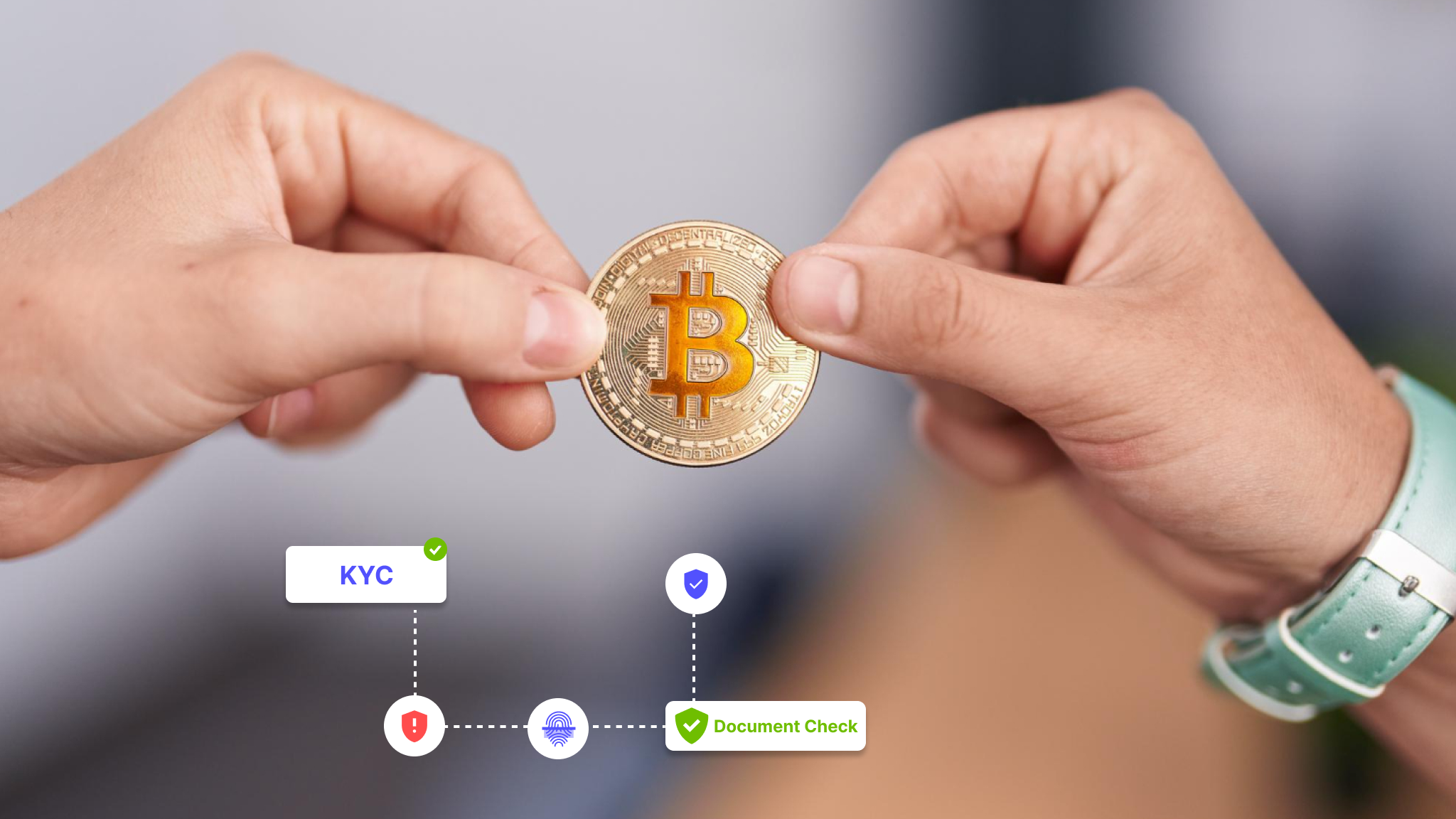


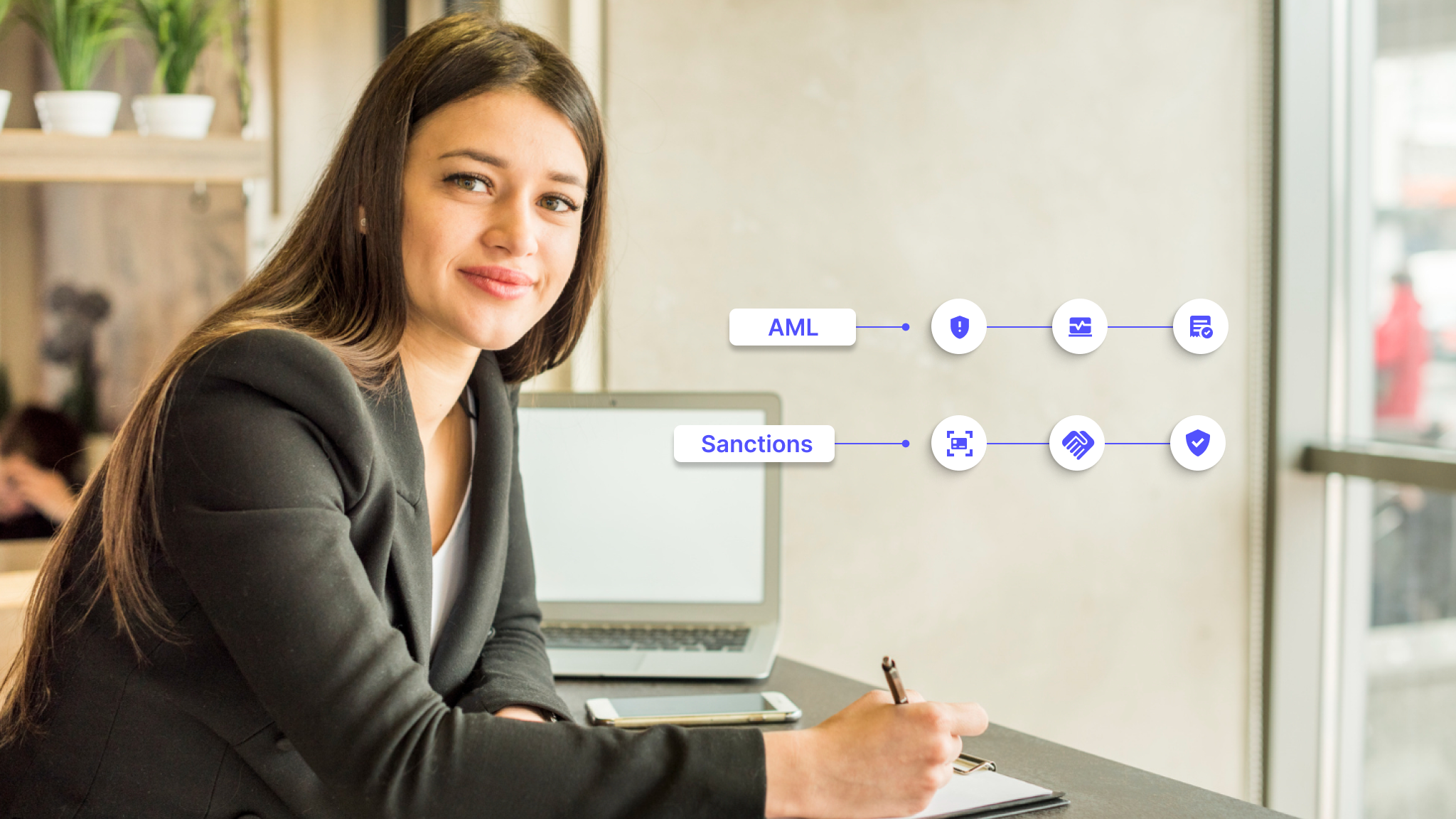








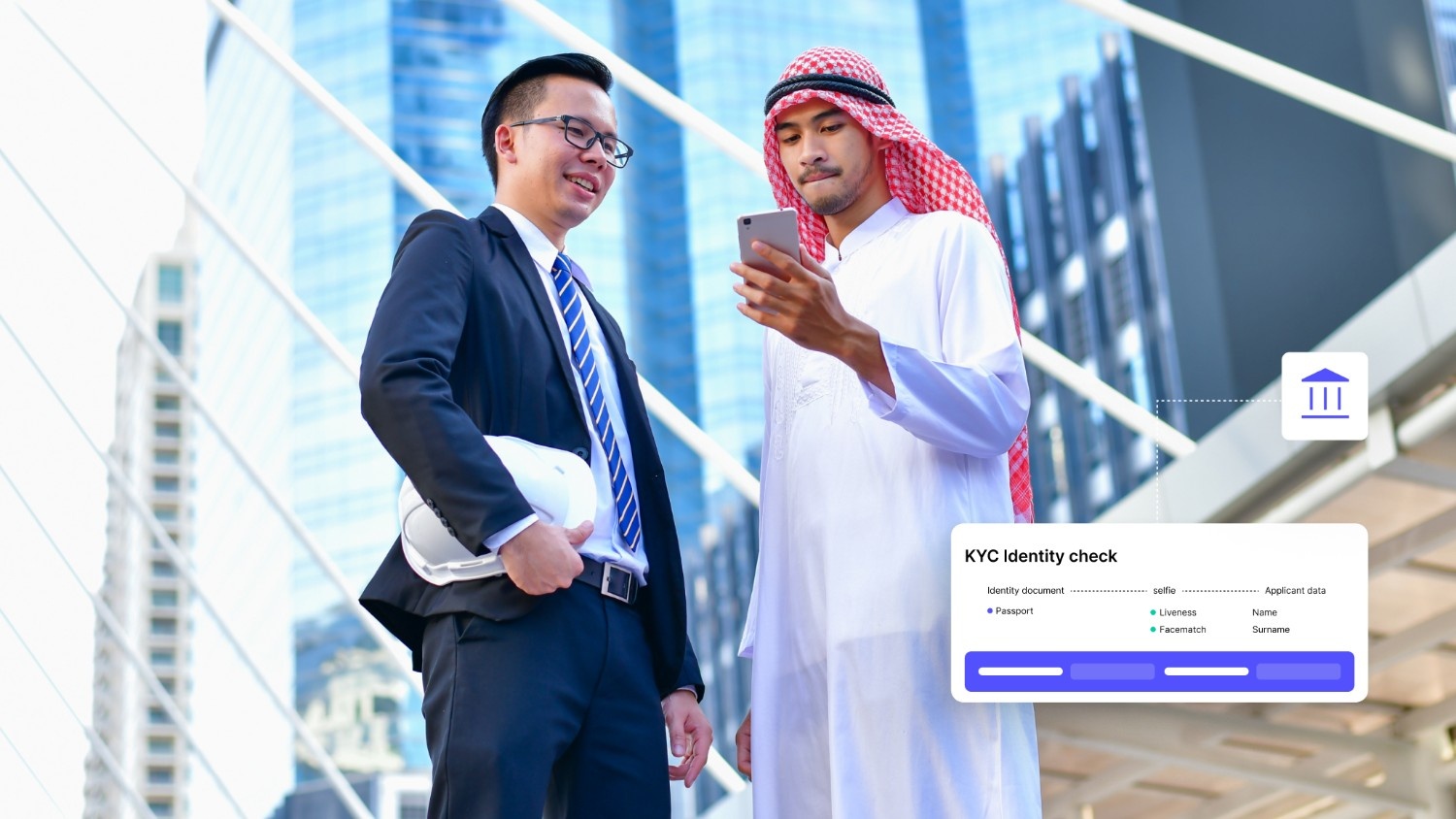






.jpeg)

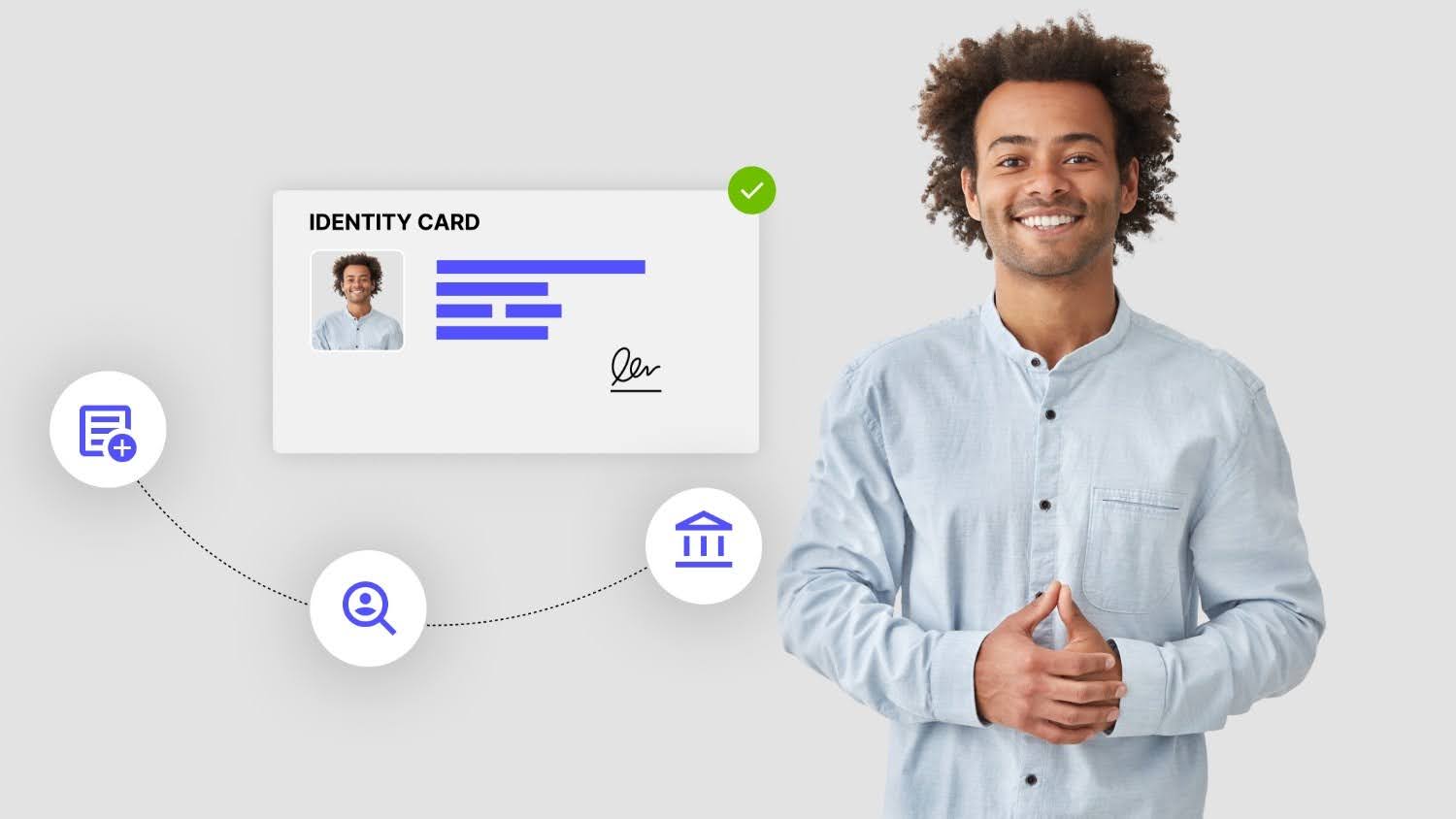


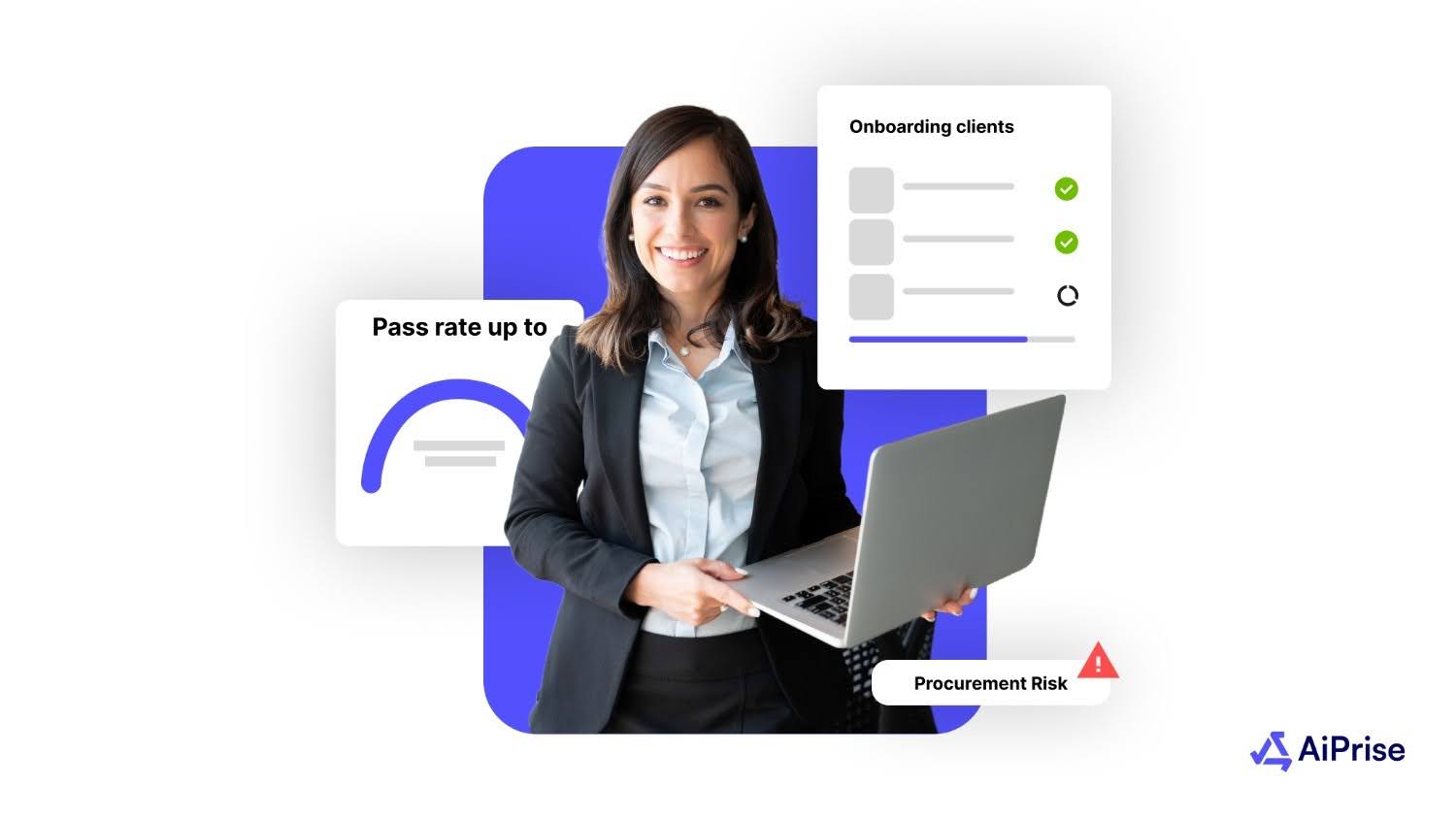

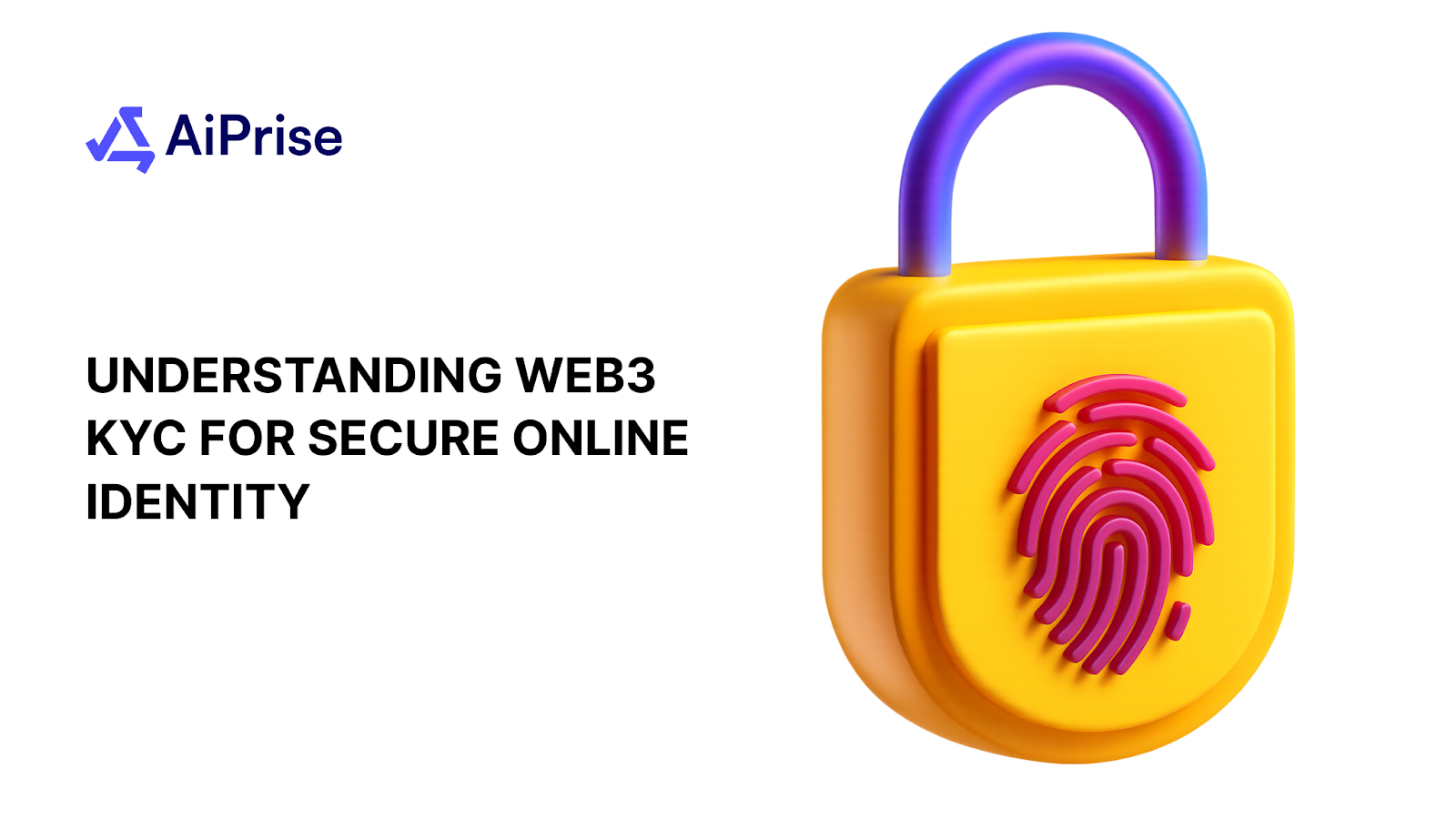
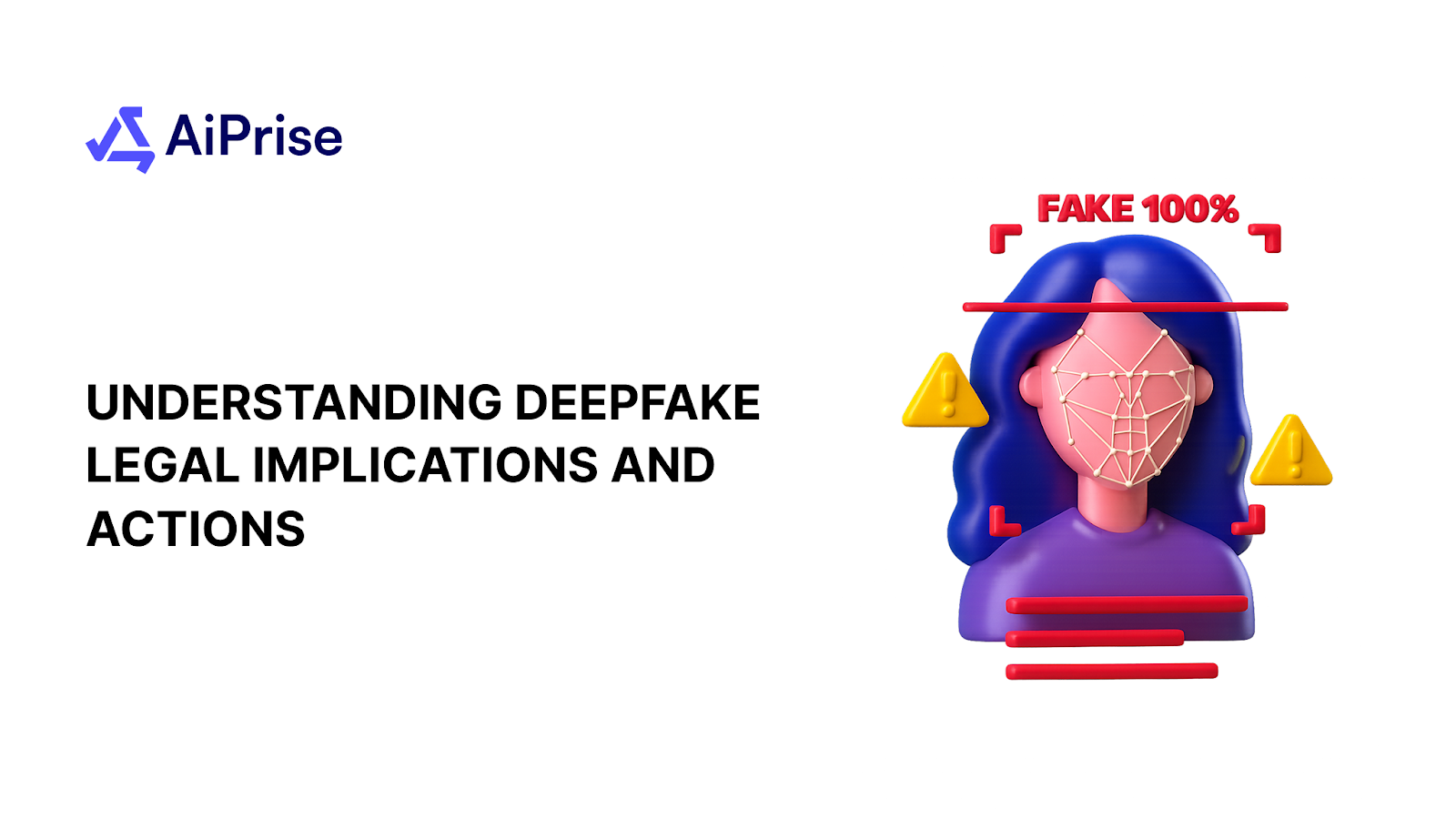
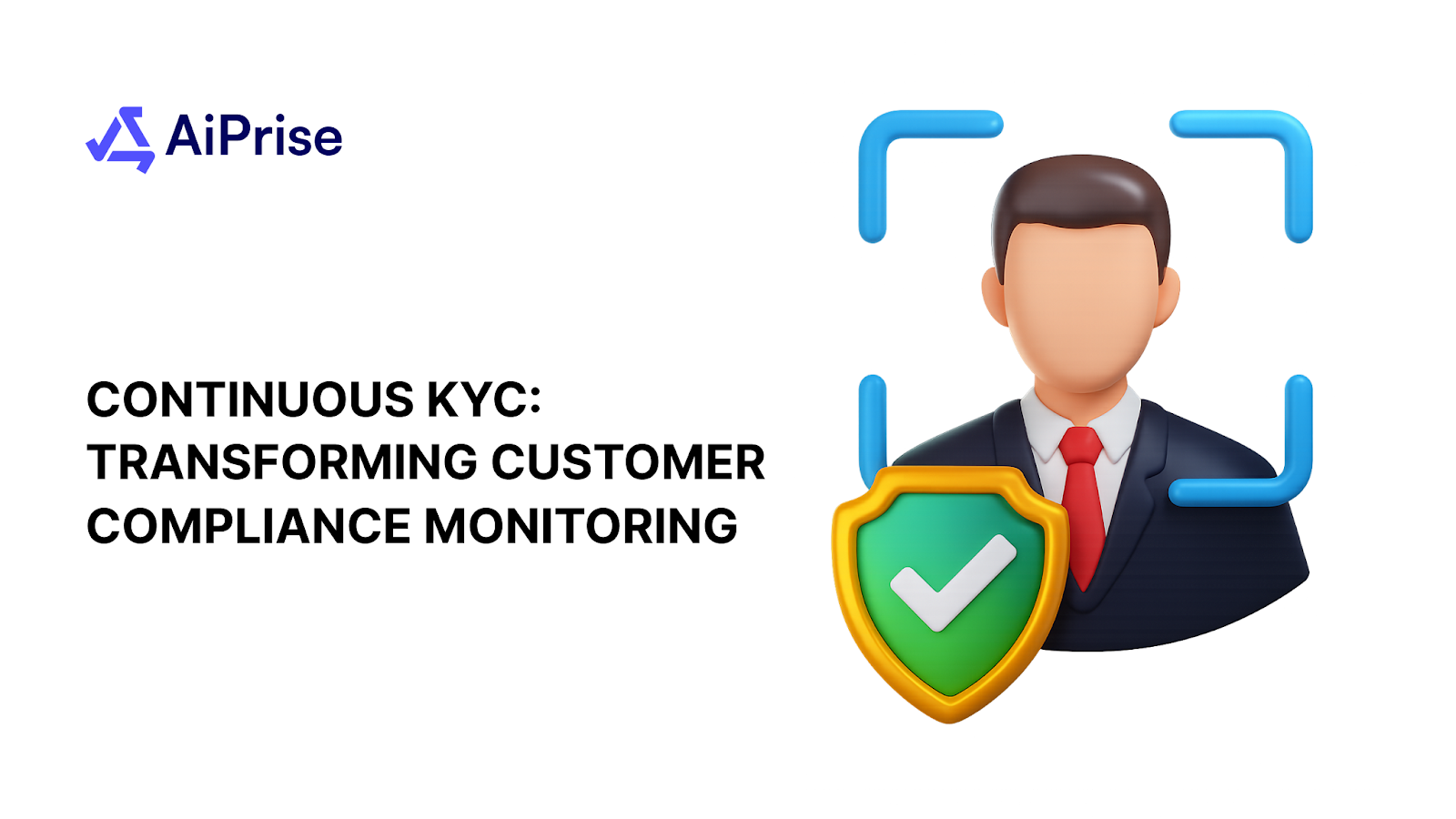

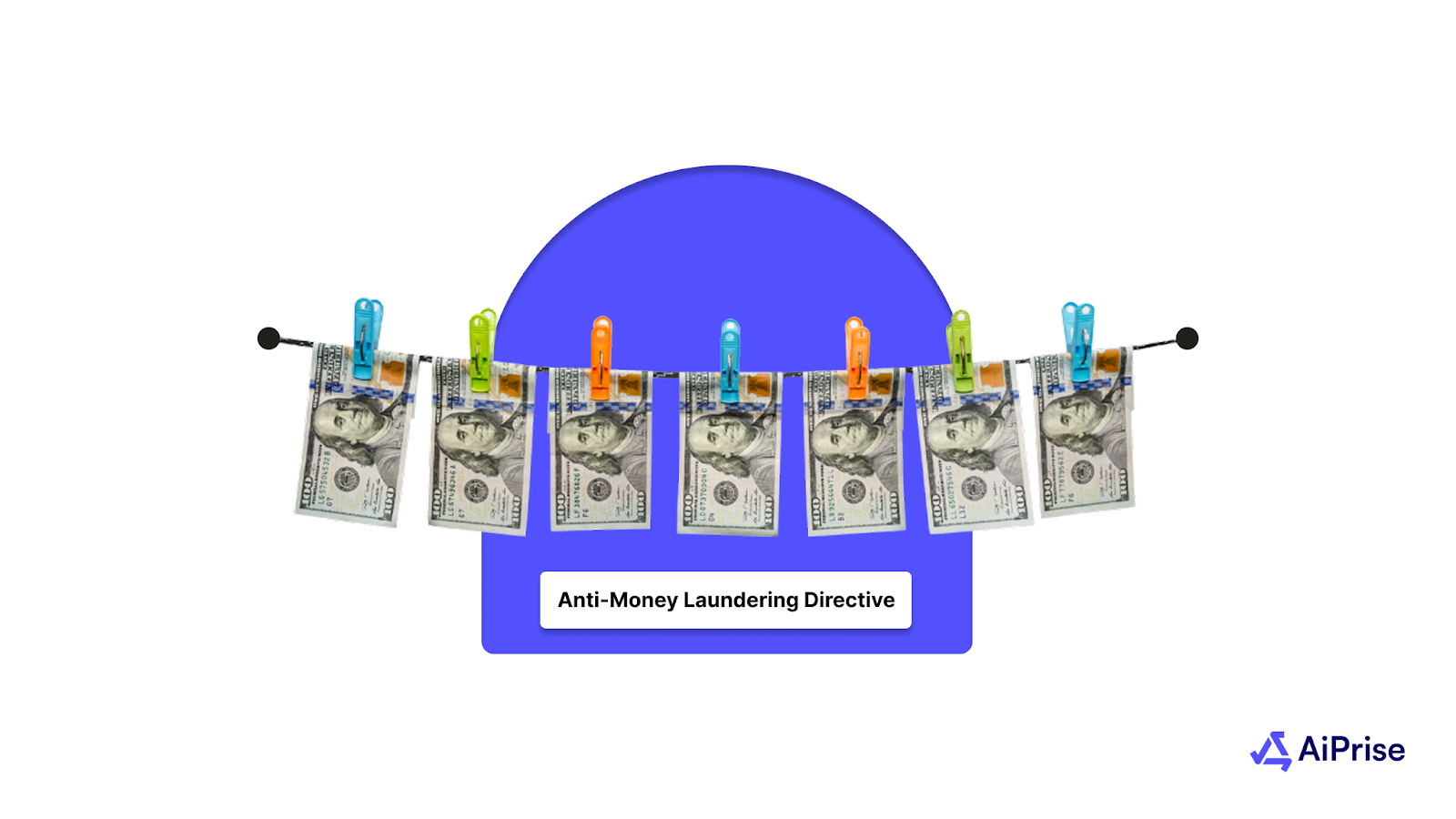
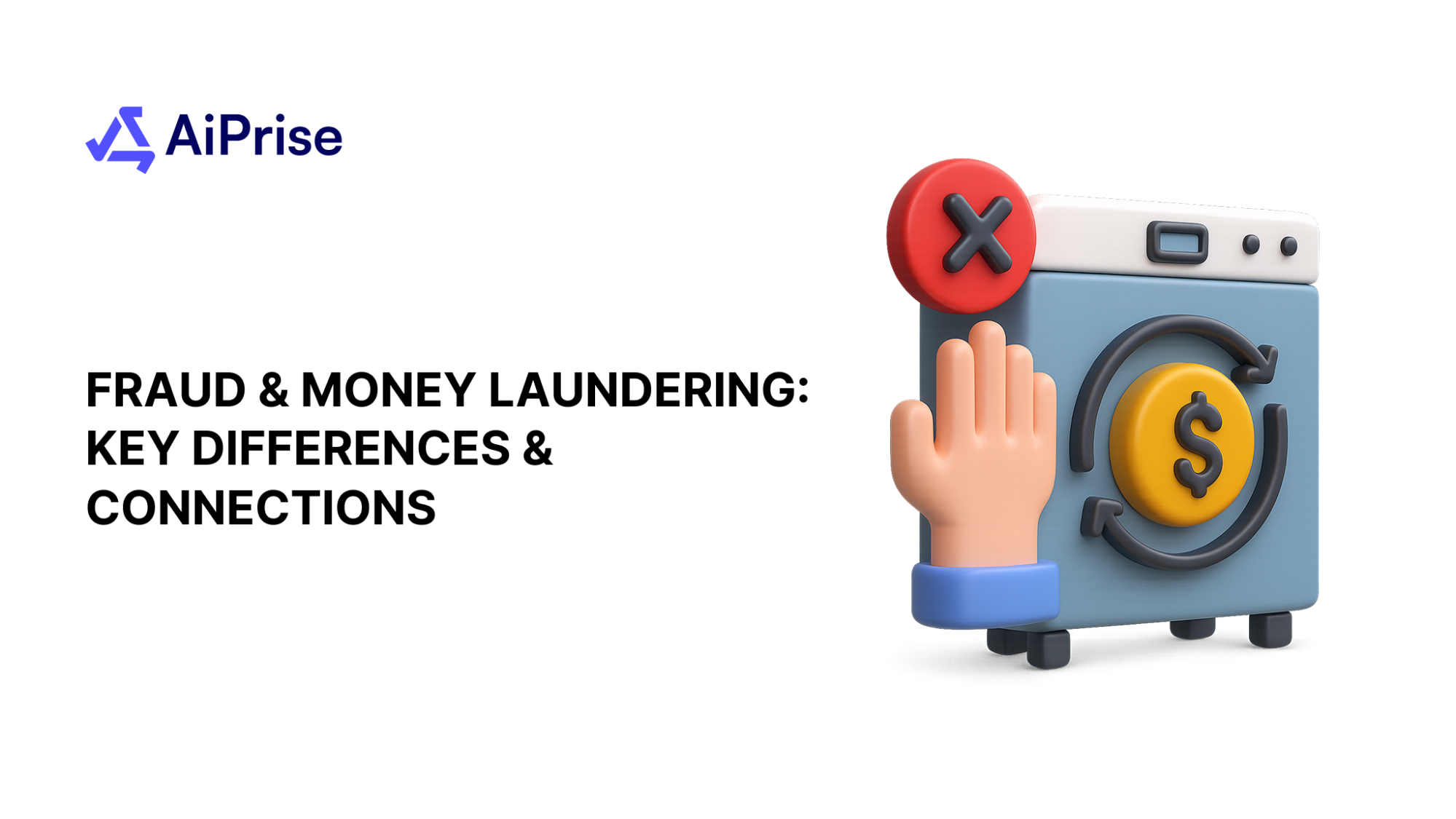
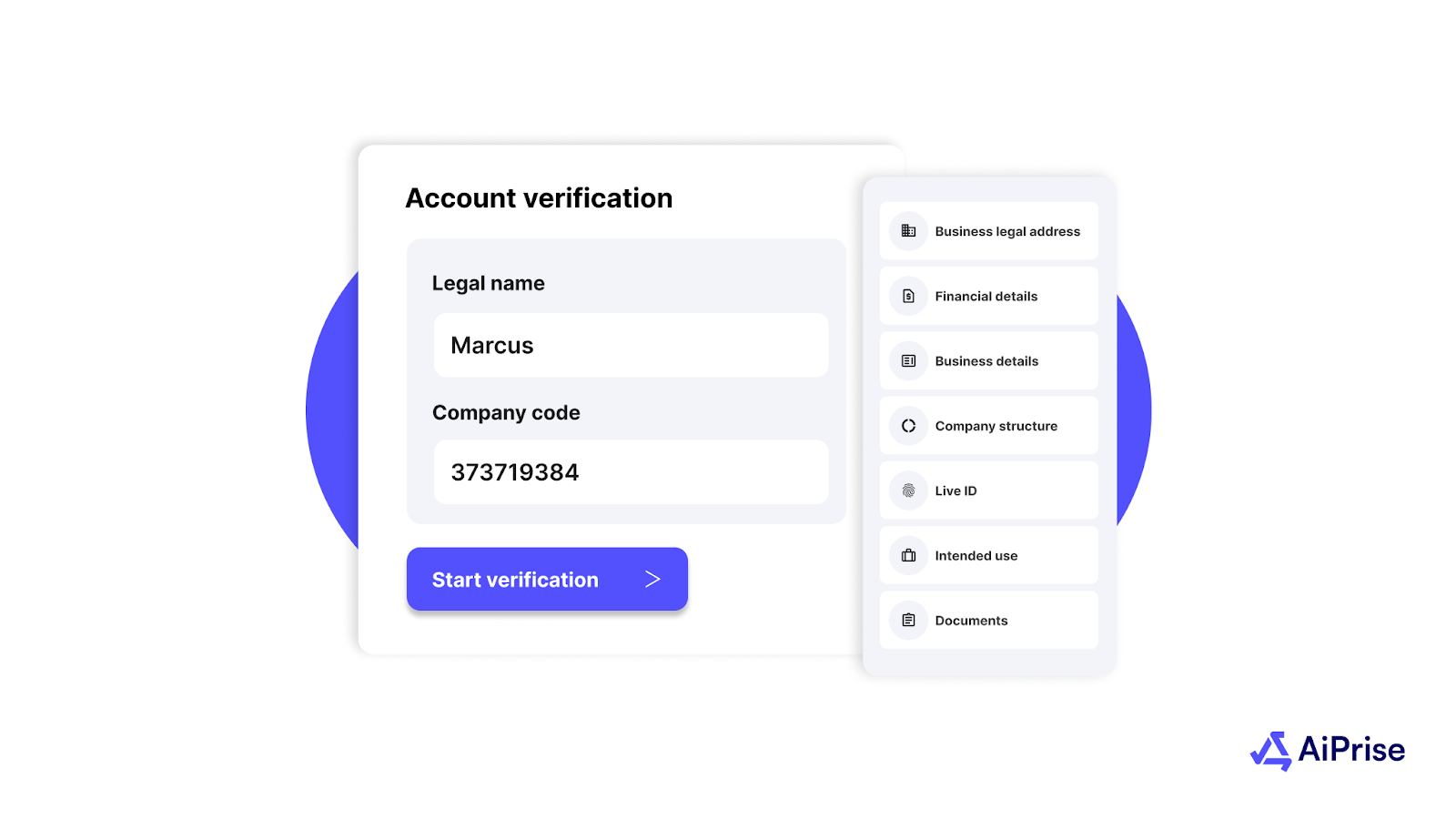

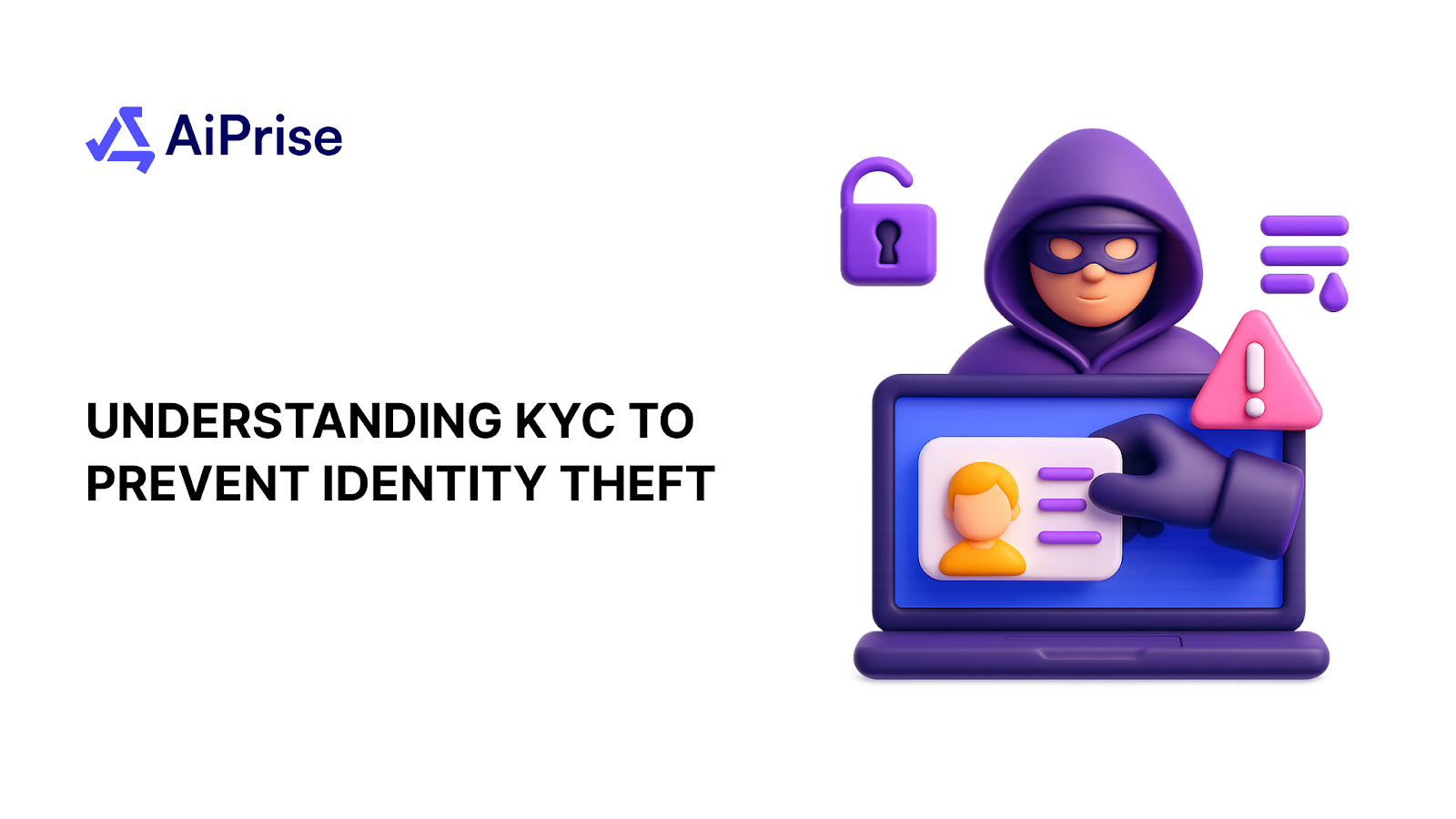
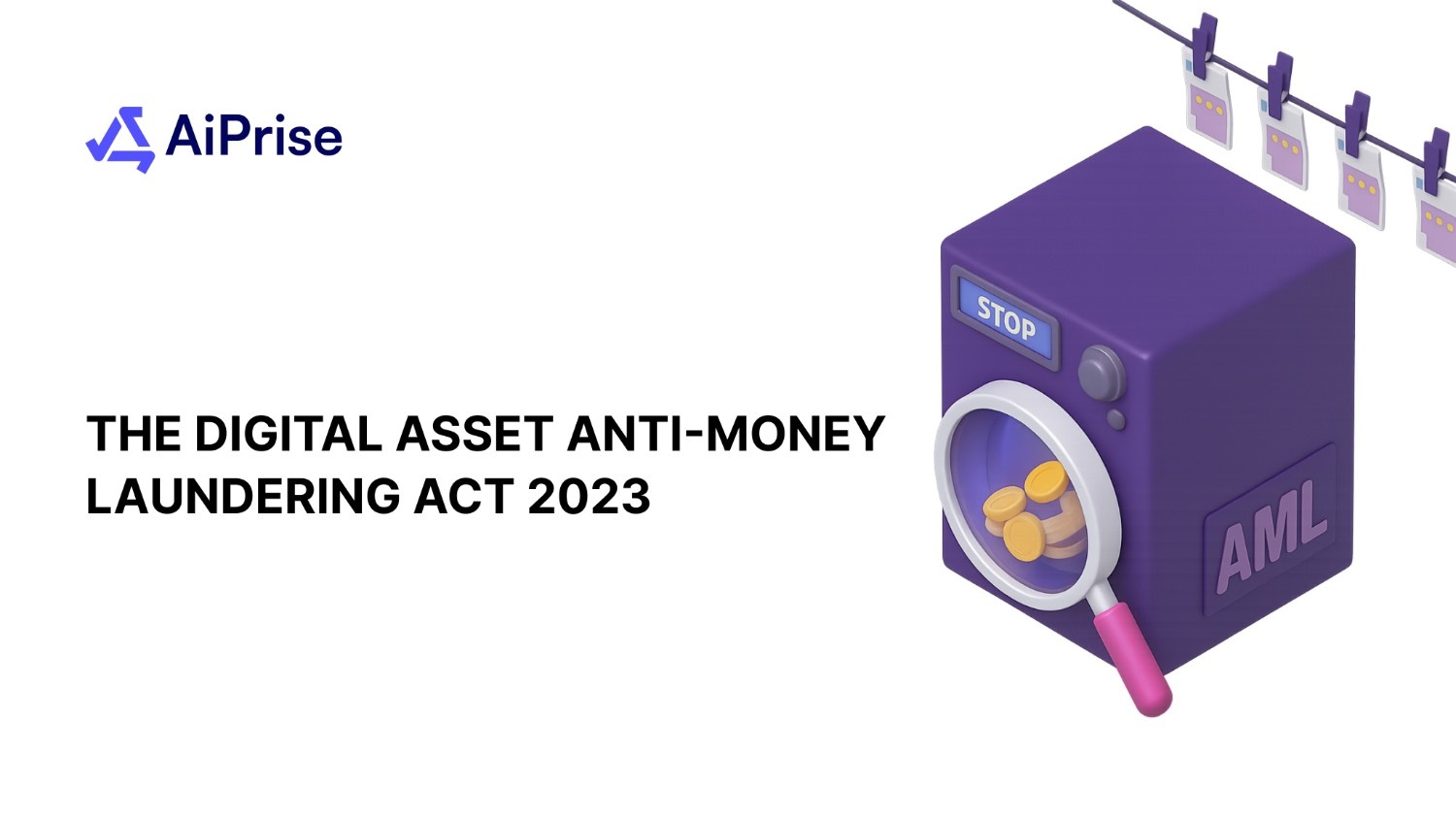


.png)
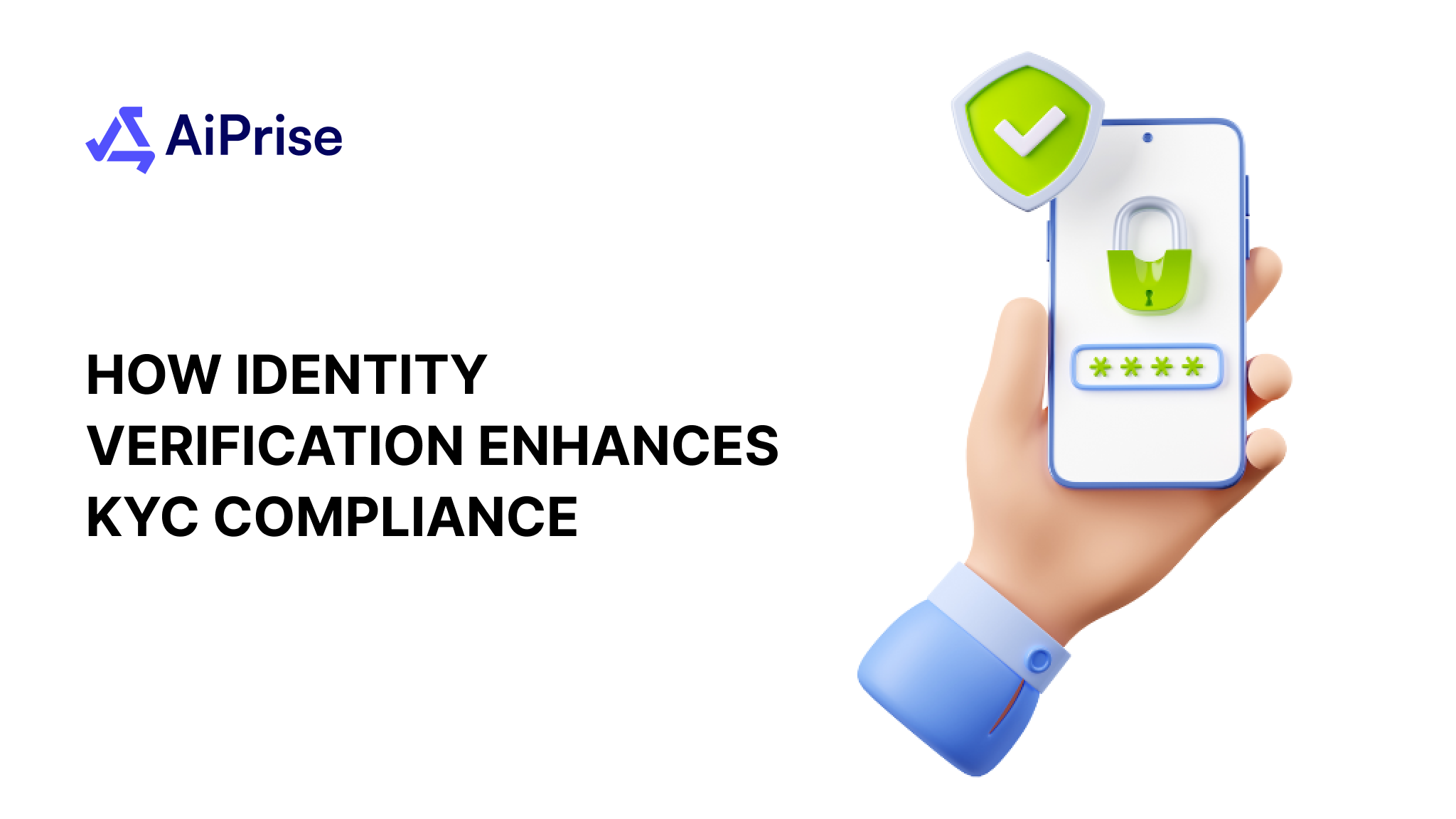
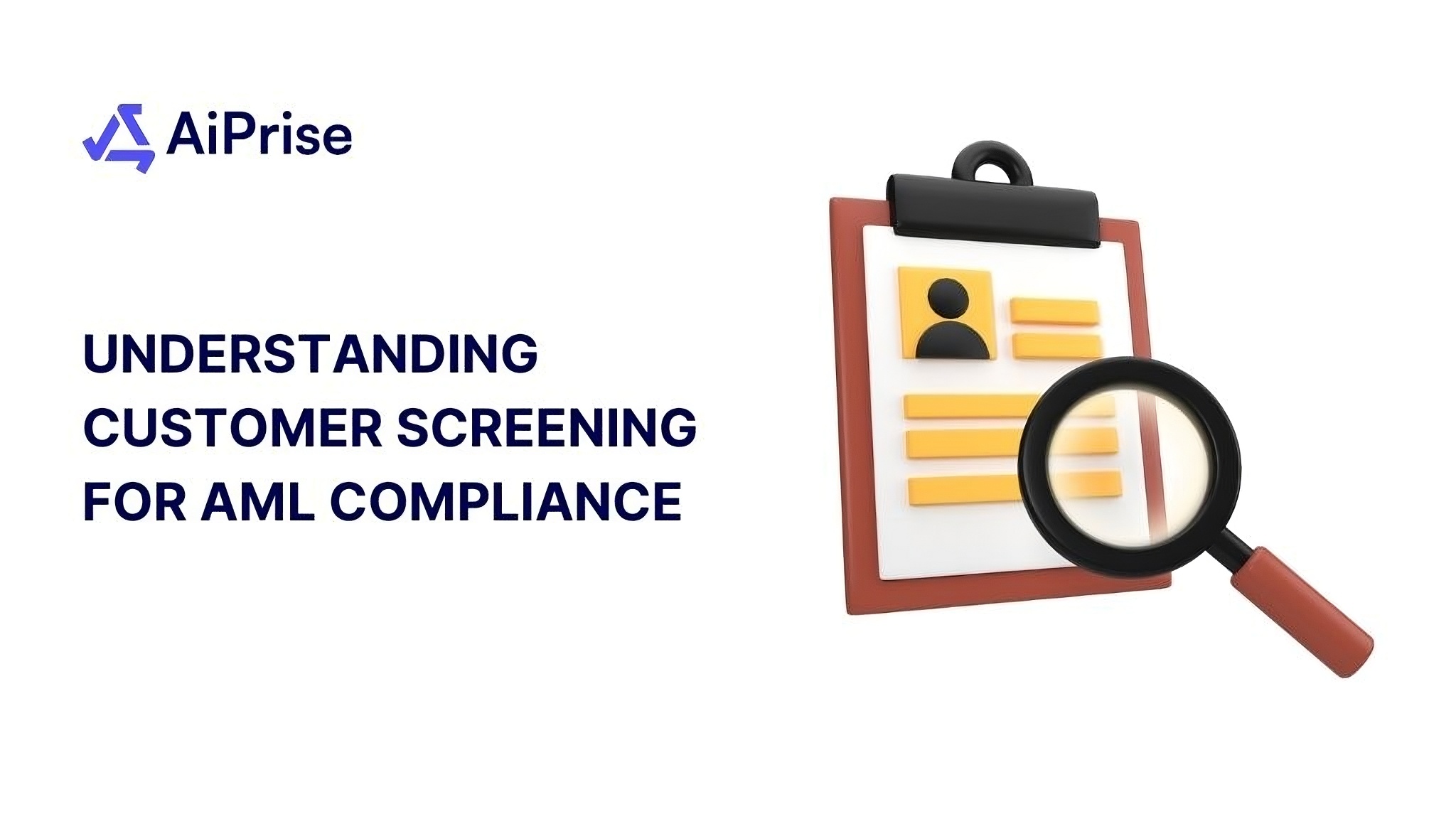

.png)
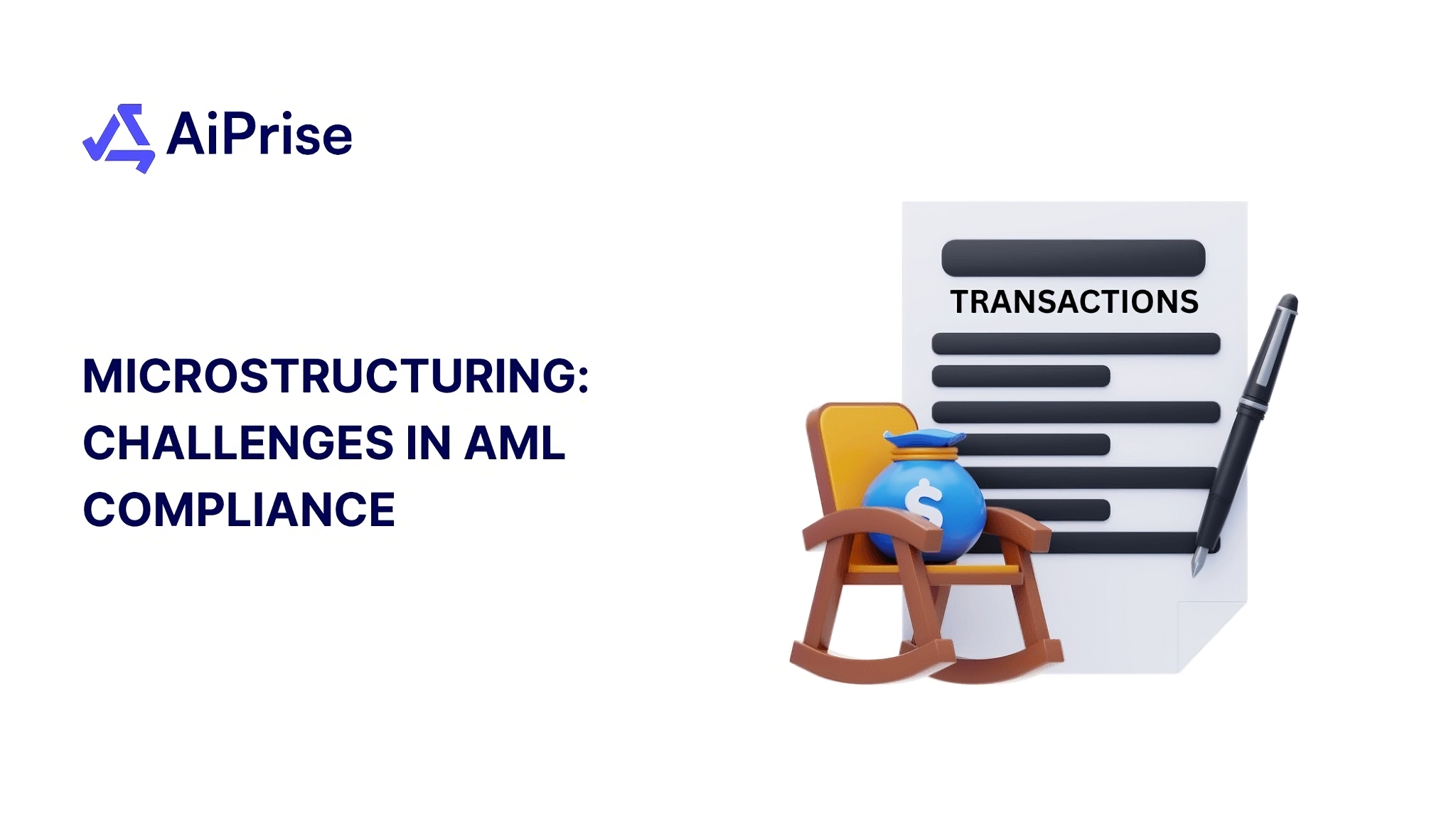

.png)
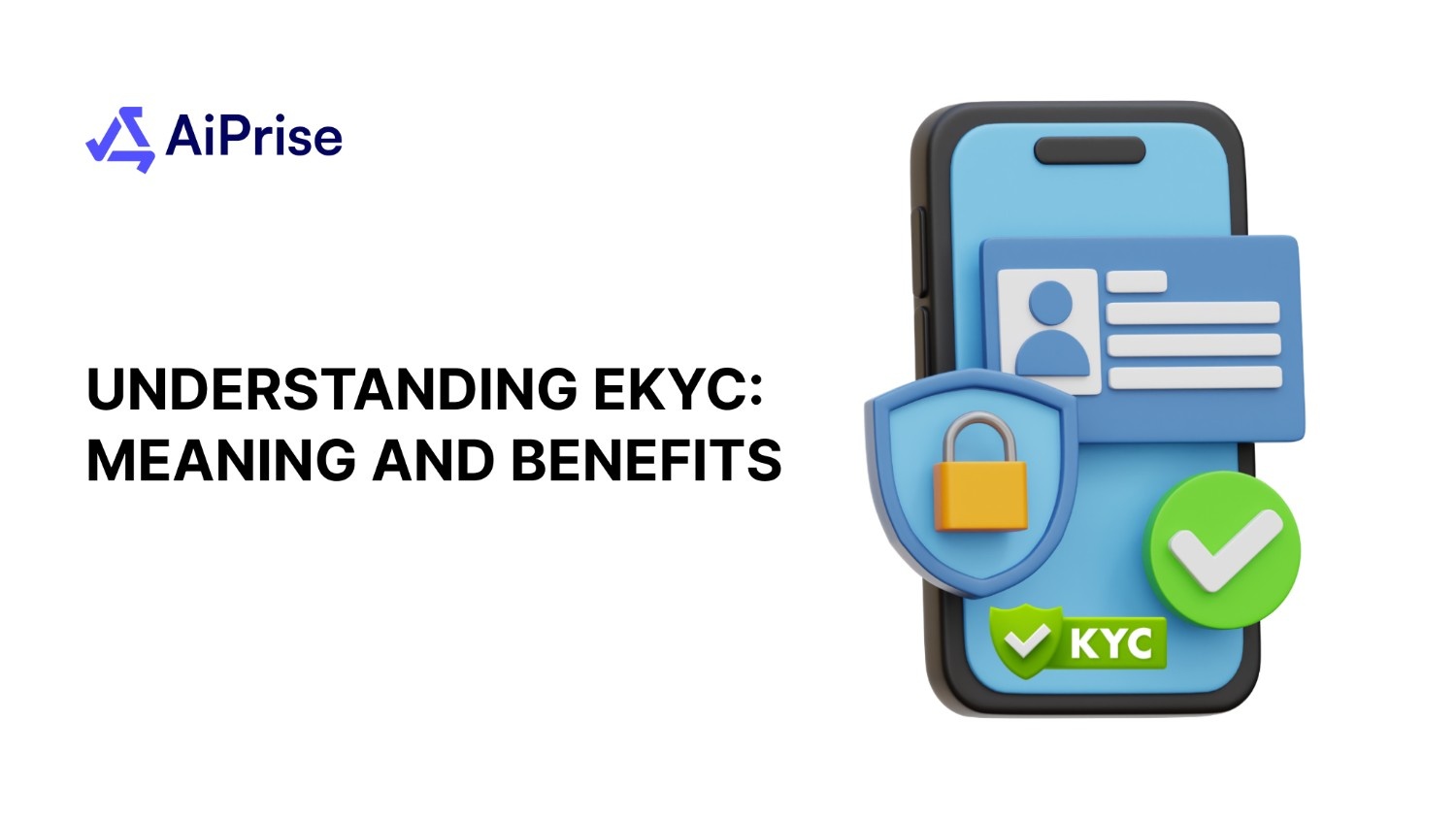
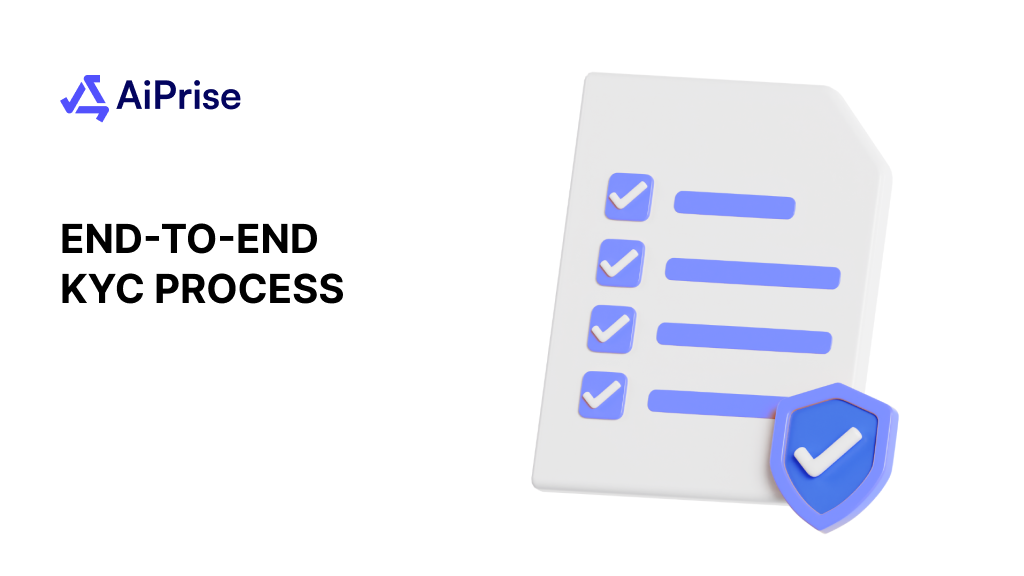

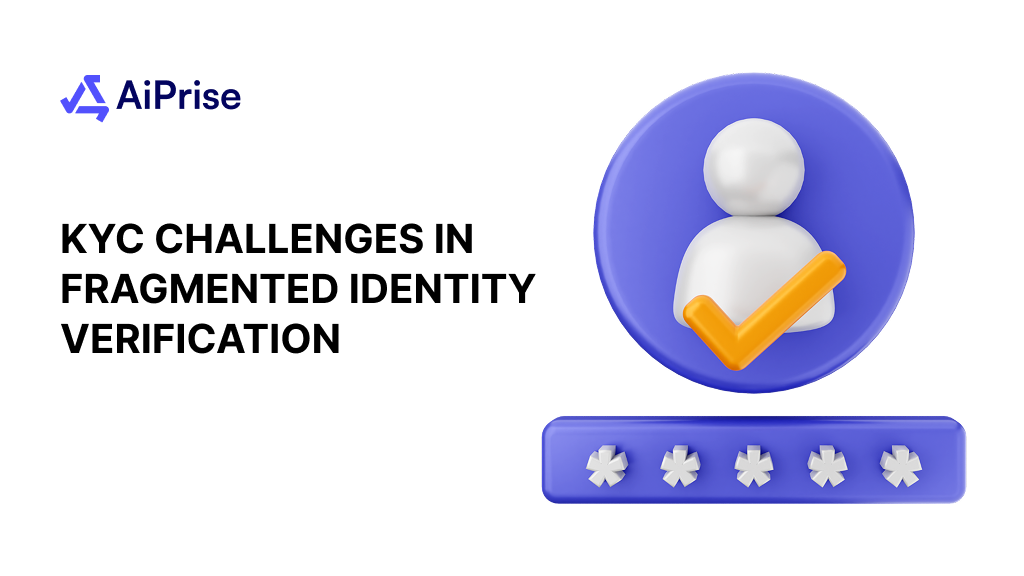

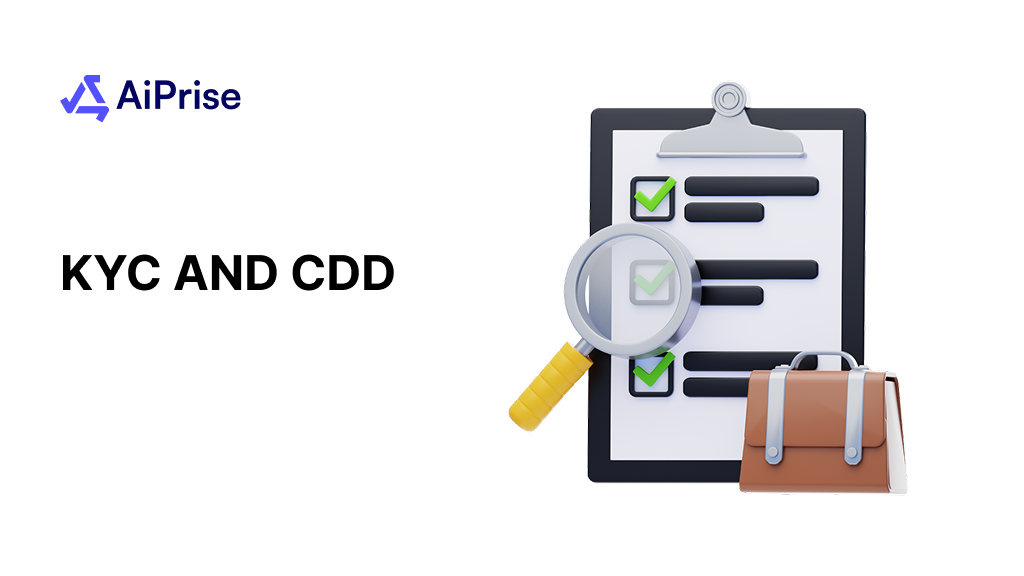









.png)






